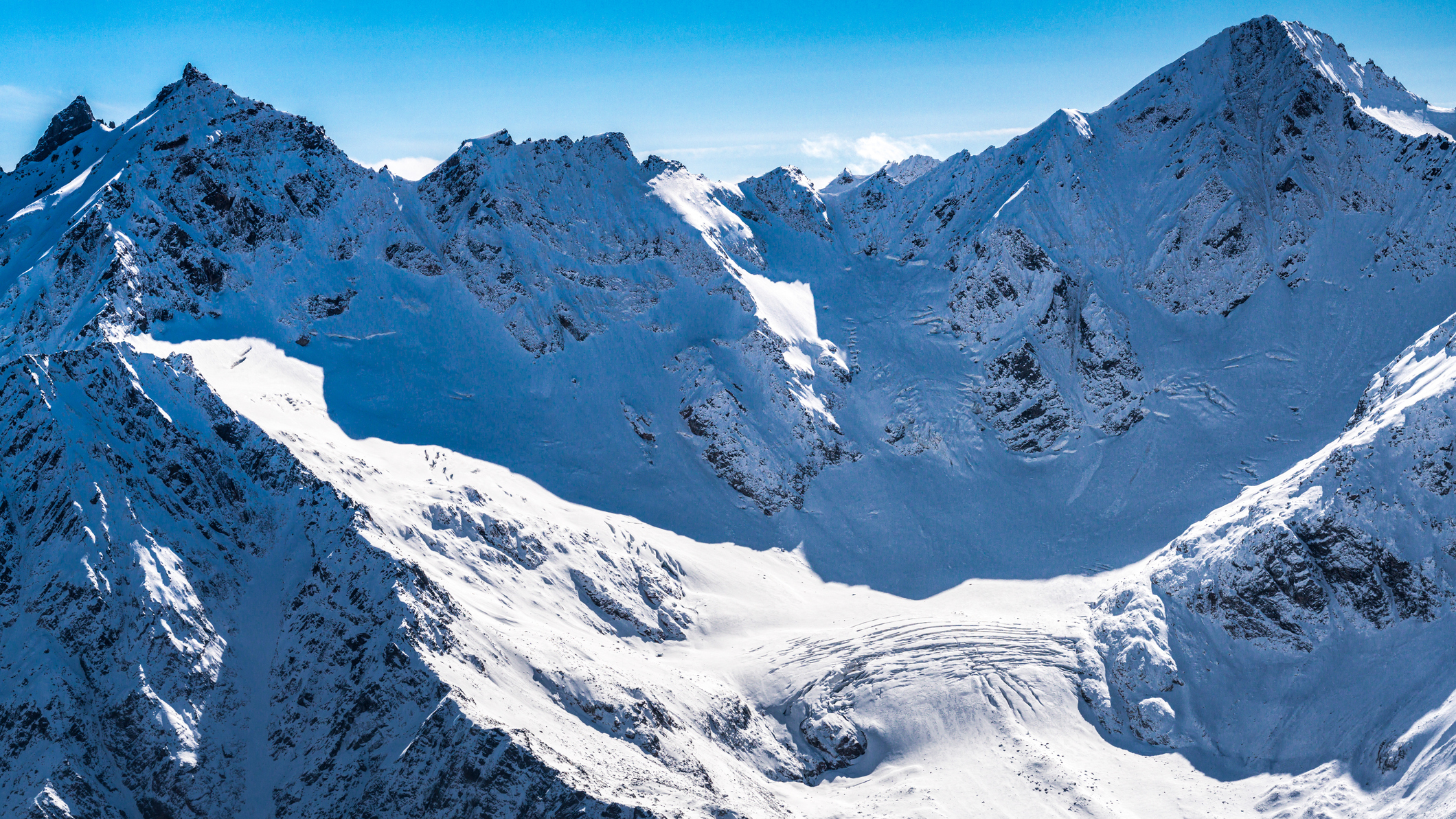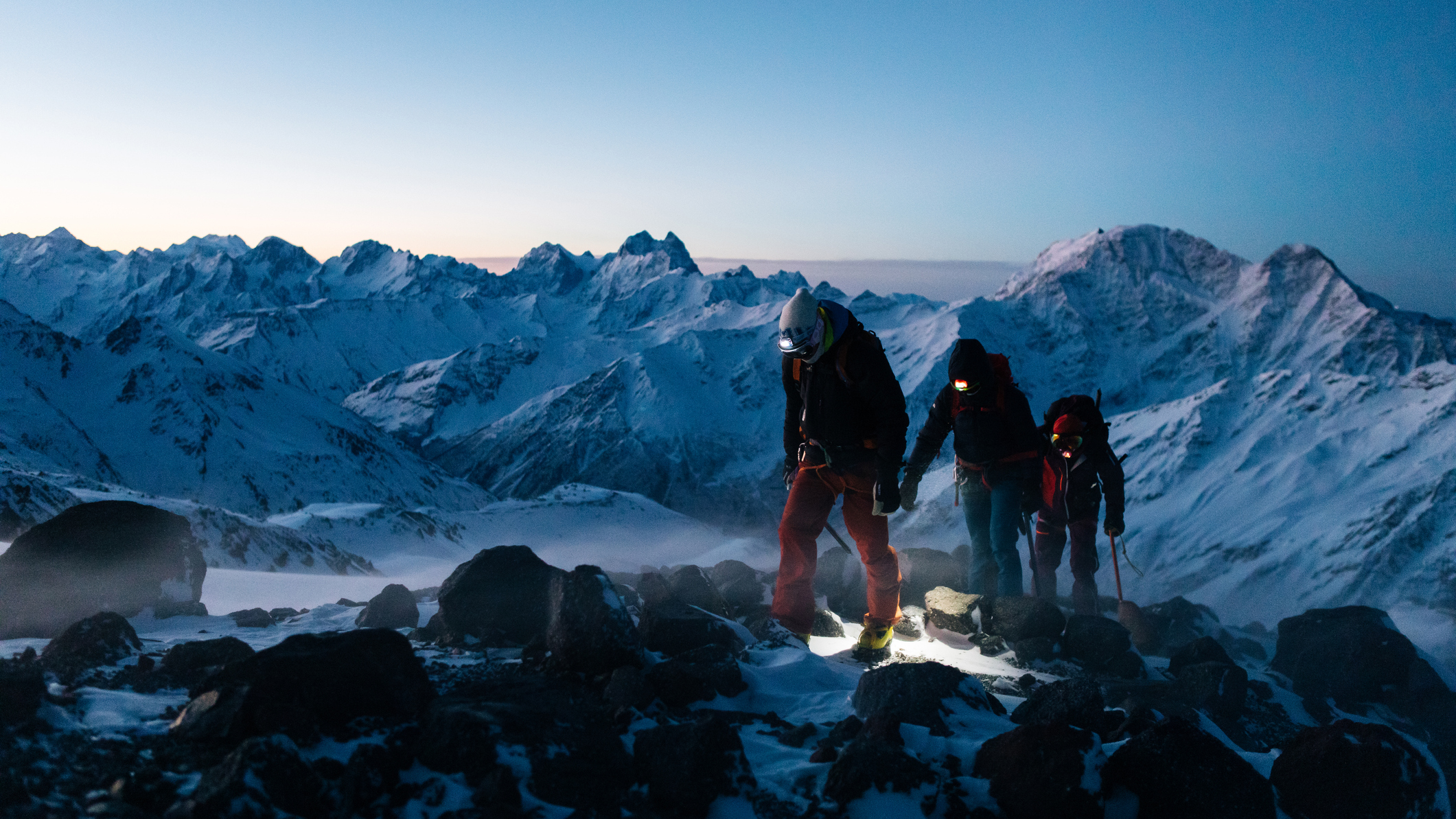
Two climbers have died on Europe's tallest mountain after a group of five were caught in unforgiving conditions.
The all-Turkish climbing group was descending from the Elbrus mountain in Russia's Kabardino-Balkaria region when the weather suddenly deteriorated and the group split in two.
Climbers Izzet Koseoglu and Adnan Sari were able to safely travel down the mountain, while Mehmet Kocaakca, Cihan Yildirim, and Kazim Guler stayed in harrowing conditions near the summit.
Russian search and rescue workers quickly made their way up and found the bodies of Kocaakca and Guler.
Cihan Yildirim, the third climber to stay on the mountain, was discovered alive and swiftly taken for medical treatment.
Two Turkish climbers dead, three rescued after being stranded on Mount Elbrus in Russia's Kabardino-Balkaria region, confirms Foreign Ministry pic.twitter.com/jNDOZw5DGjApril 23, 2025
A statement from the Turkish Mountaineering Federation confirmed the deaths: "We are deeply saddened by this painful loss. We wish Allah’s mercy to our mountaineer friends who lost their lives and offer our condolences to their grieving families and the mountaineering community,” it read.
“We sincerely thank our Foreign Ministry, consular officials, and Russian authorities for their support in this difficult process."
The incident occurred on April 22, and all three surviving climbers are now expected to travel back to Turkey later in the week.

Standing 18,510ft (5,642m) above sea level, Elbrus is the tallest mountain in Europe.
It's climbed by about 10,000 to 12,000 people every year, and is generally considered to be safe, with just a 0.1% mortality rate.
Climbers can expect to encounter thick snow and freezing conditions during a typical climb, which usually takes between 12 to 14 days, including acclimatization time.
- The best ice axes: for tackling frozen terrain
- The best climbing shoes: get a grip both indoors and out






